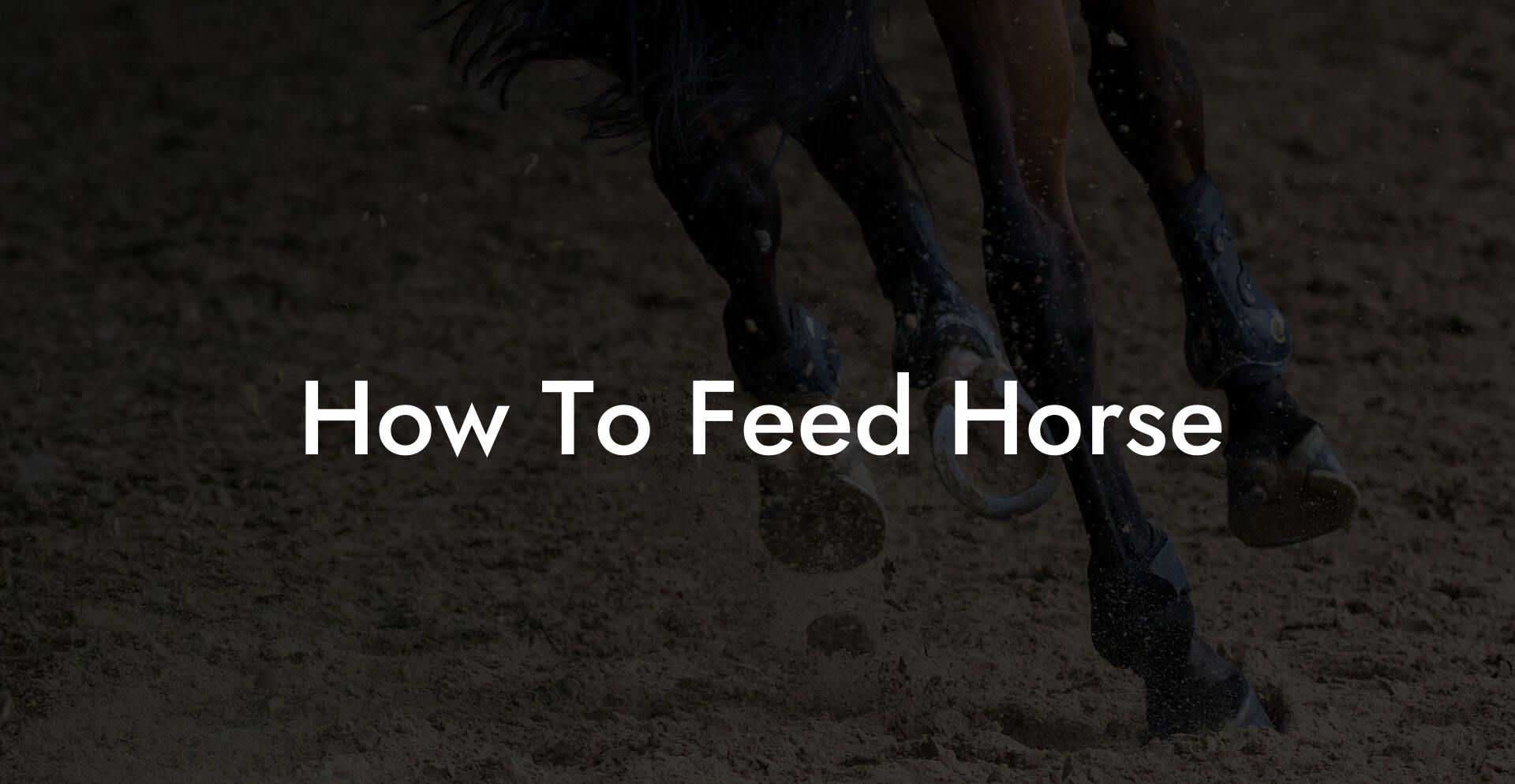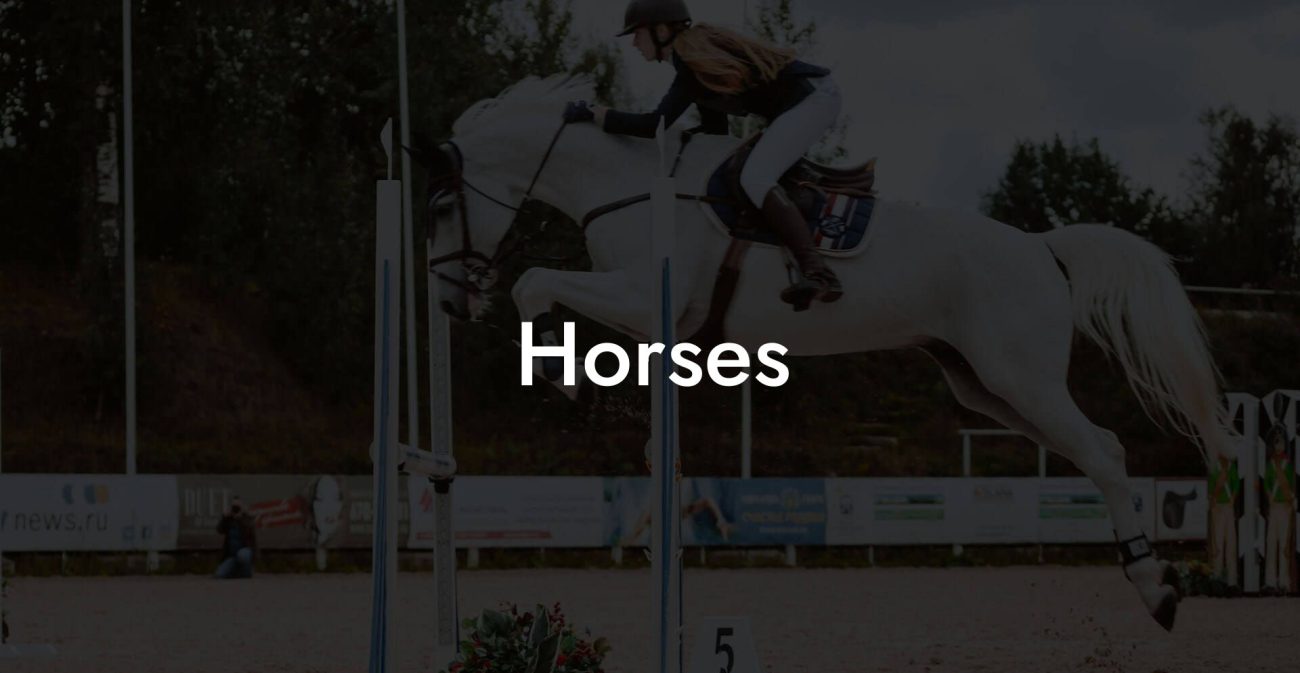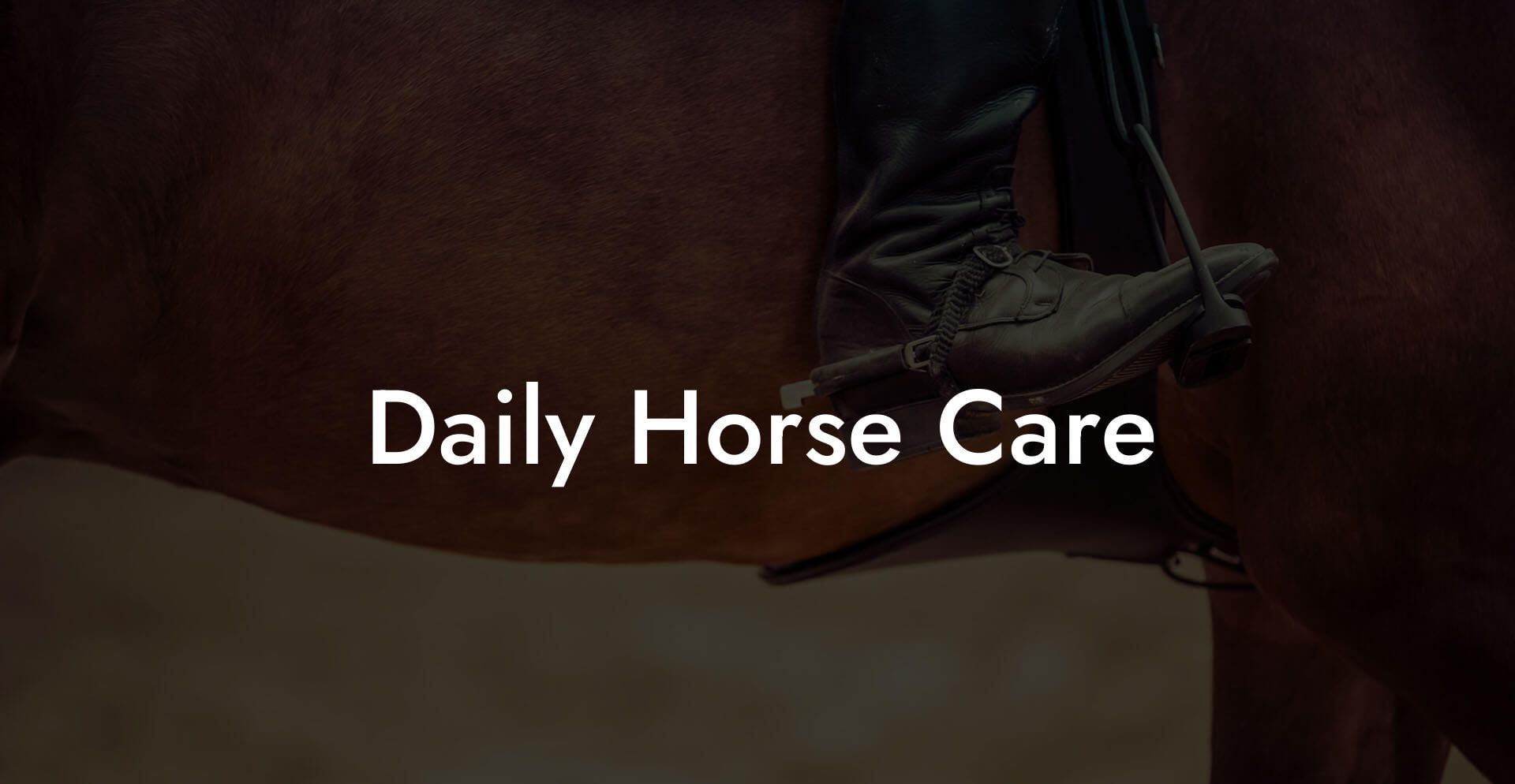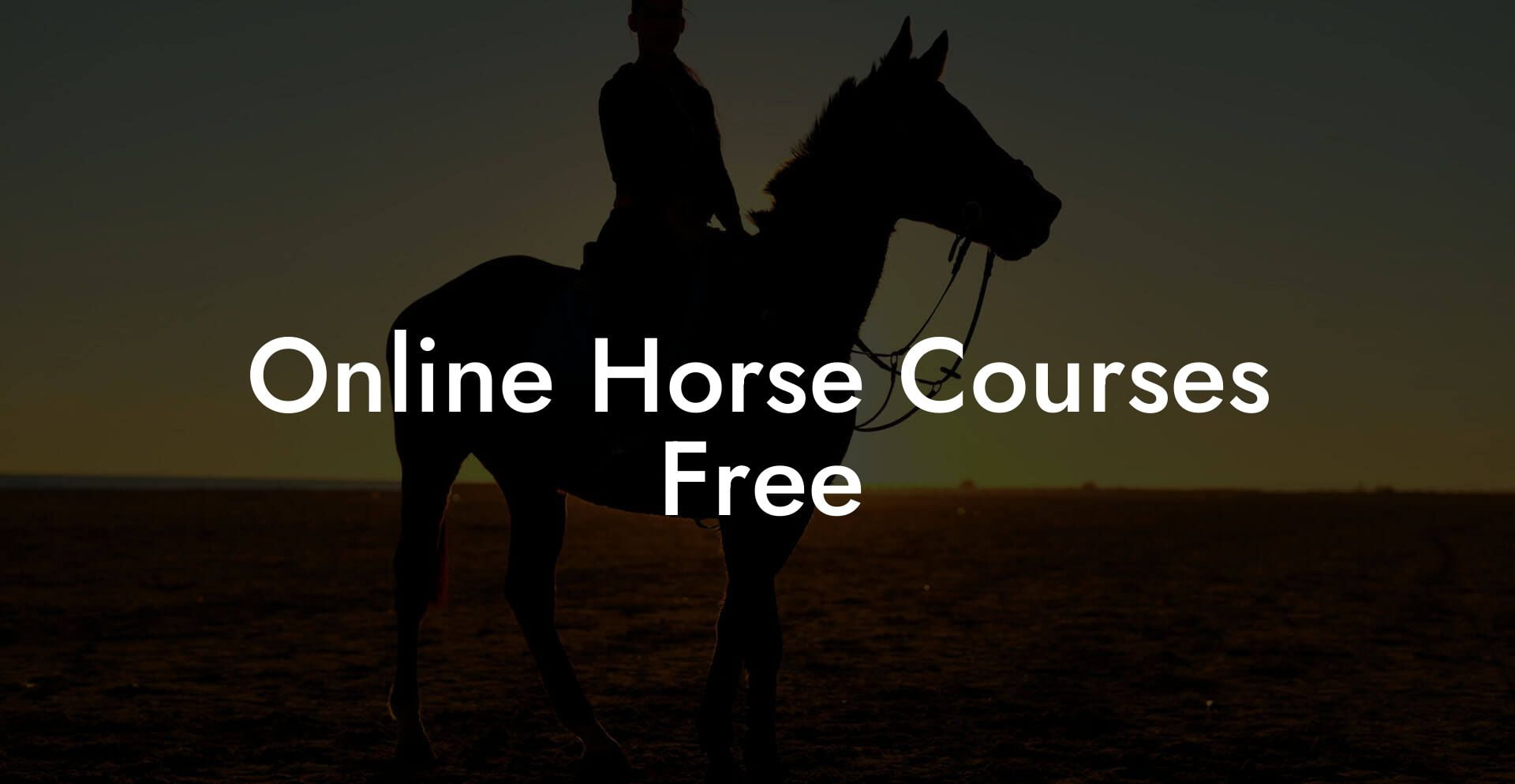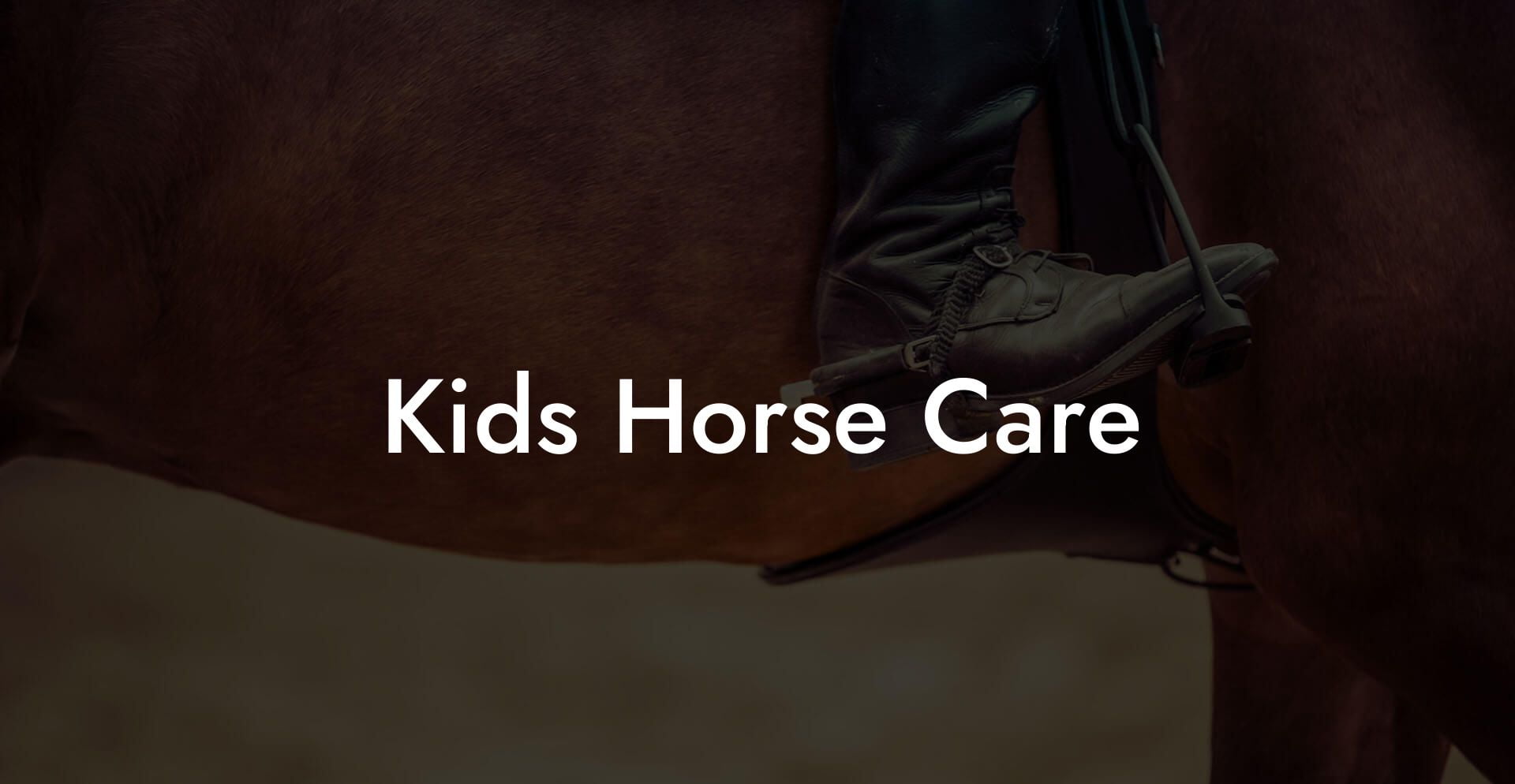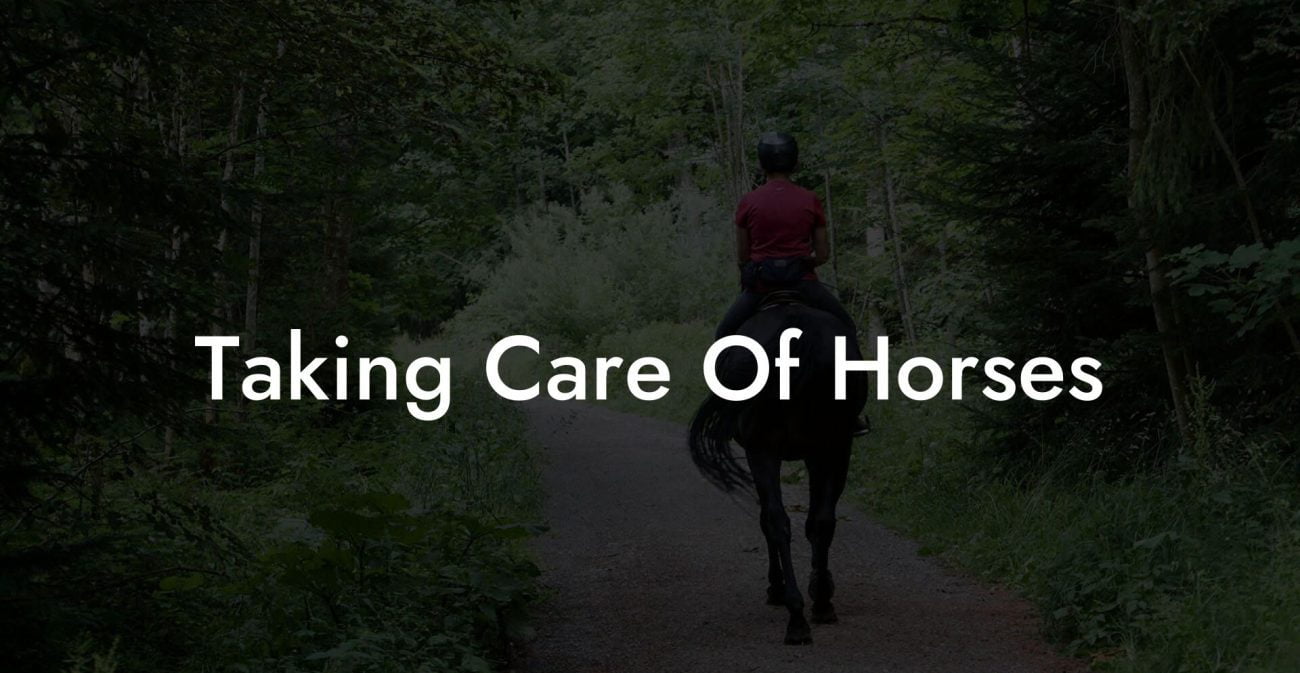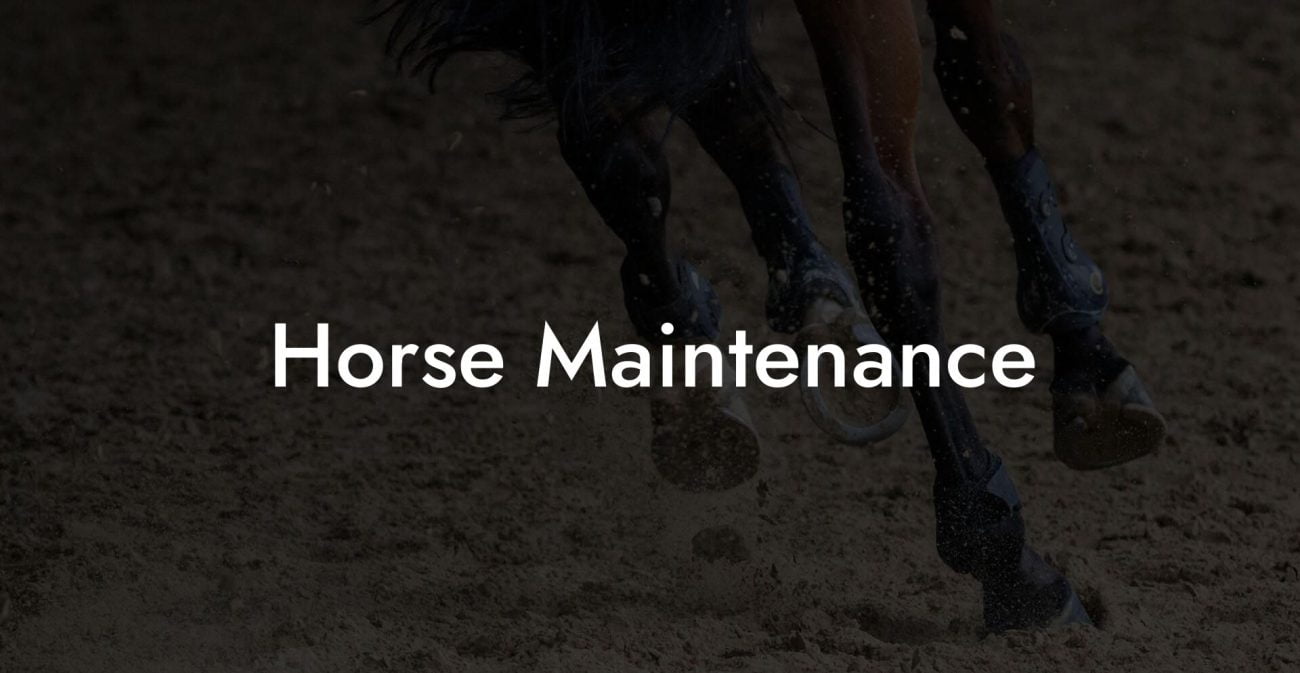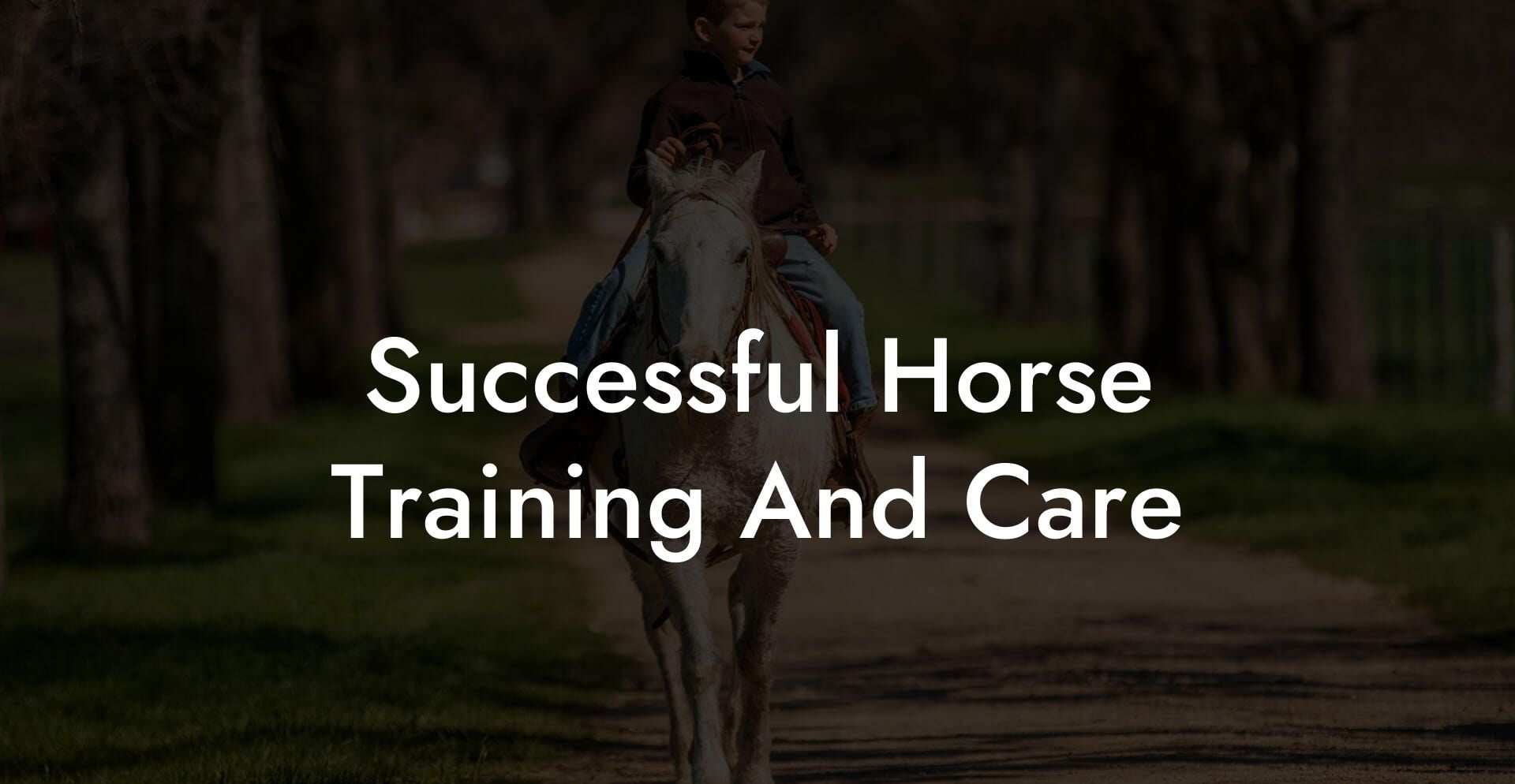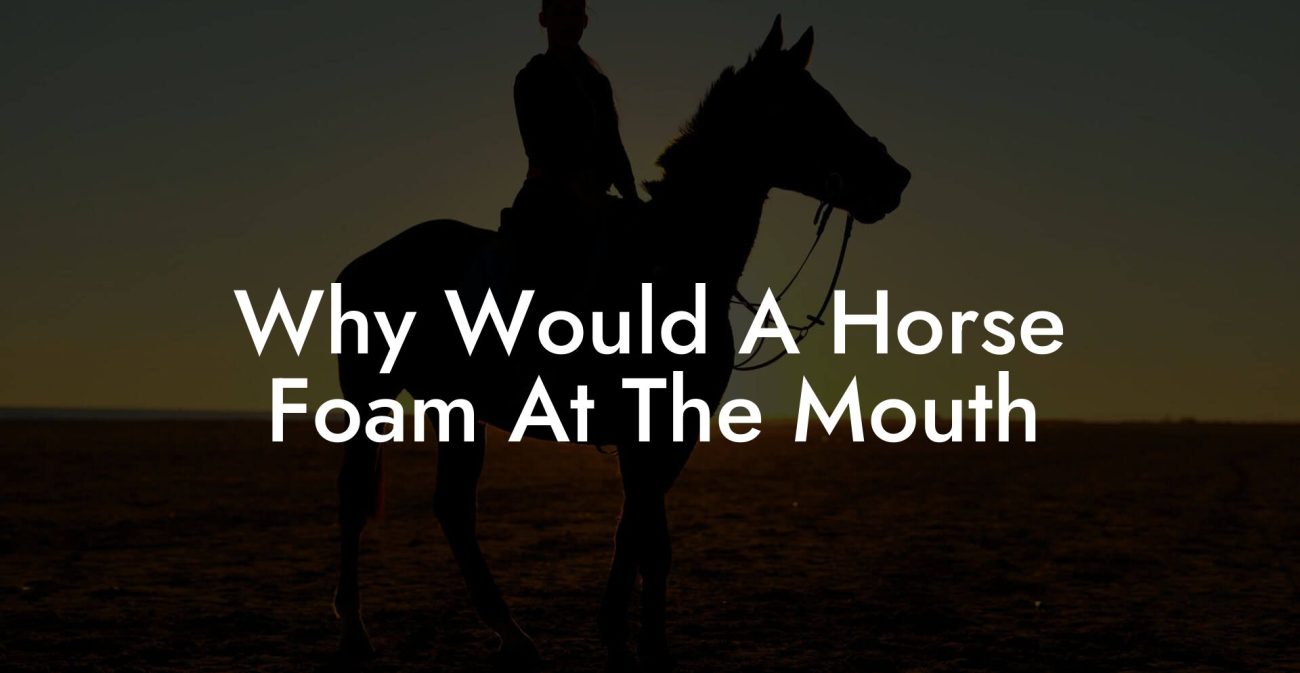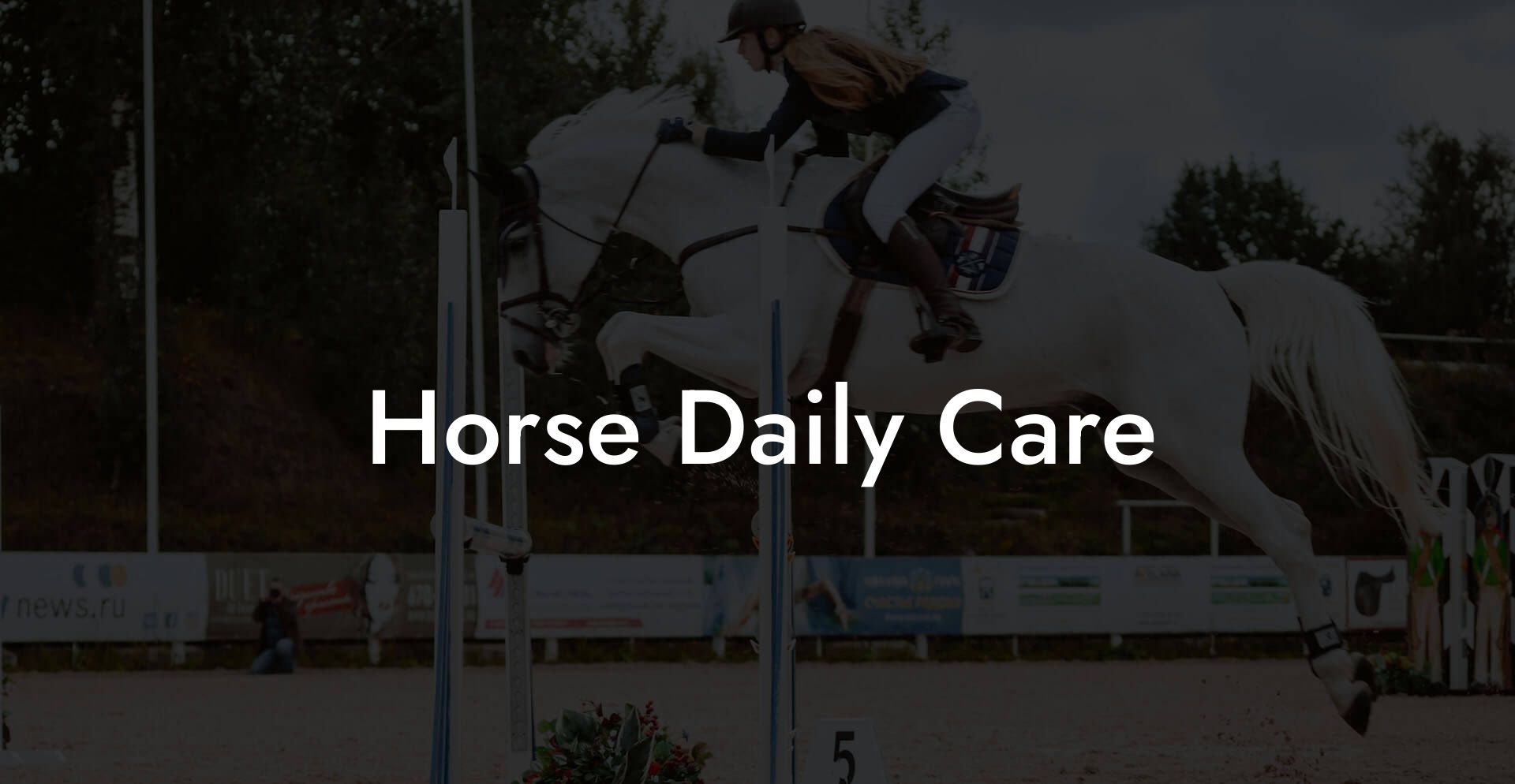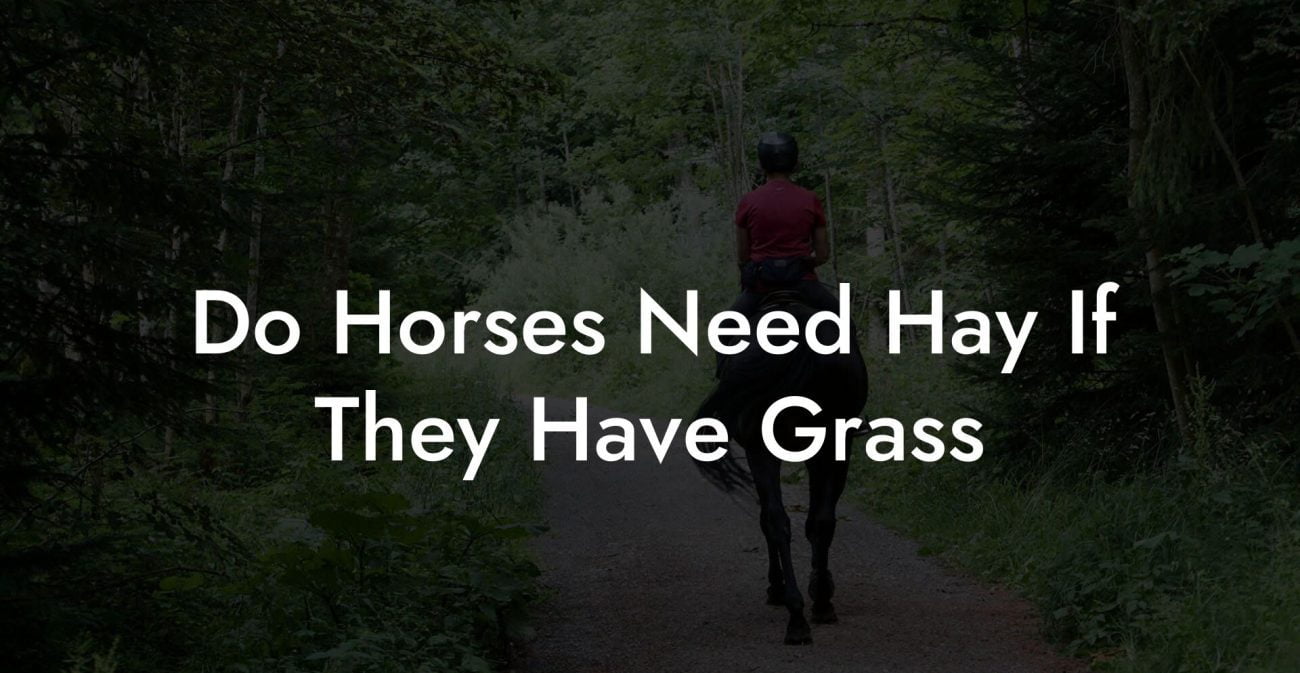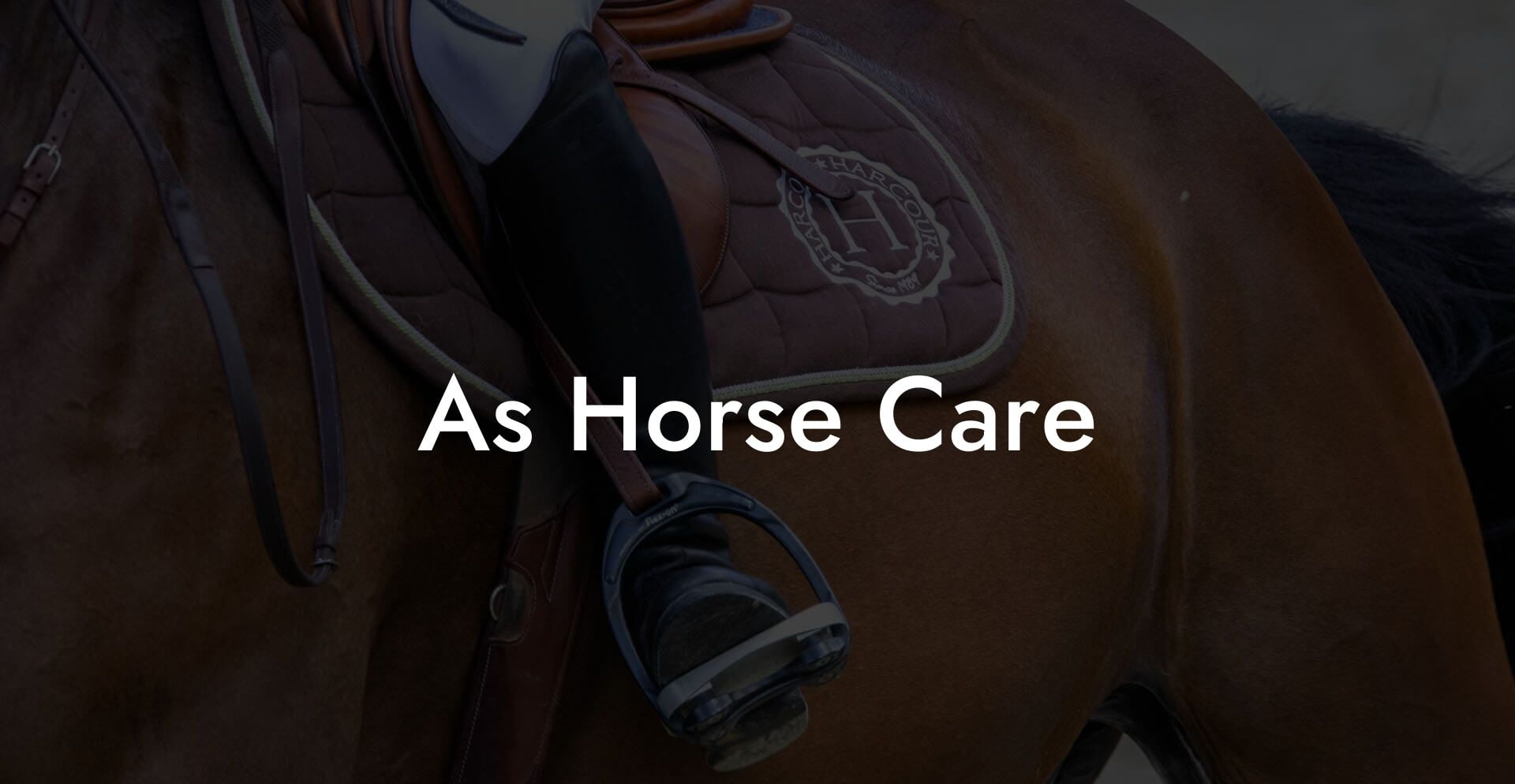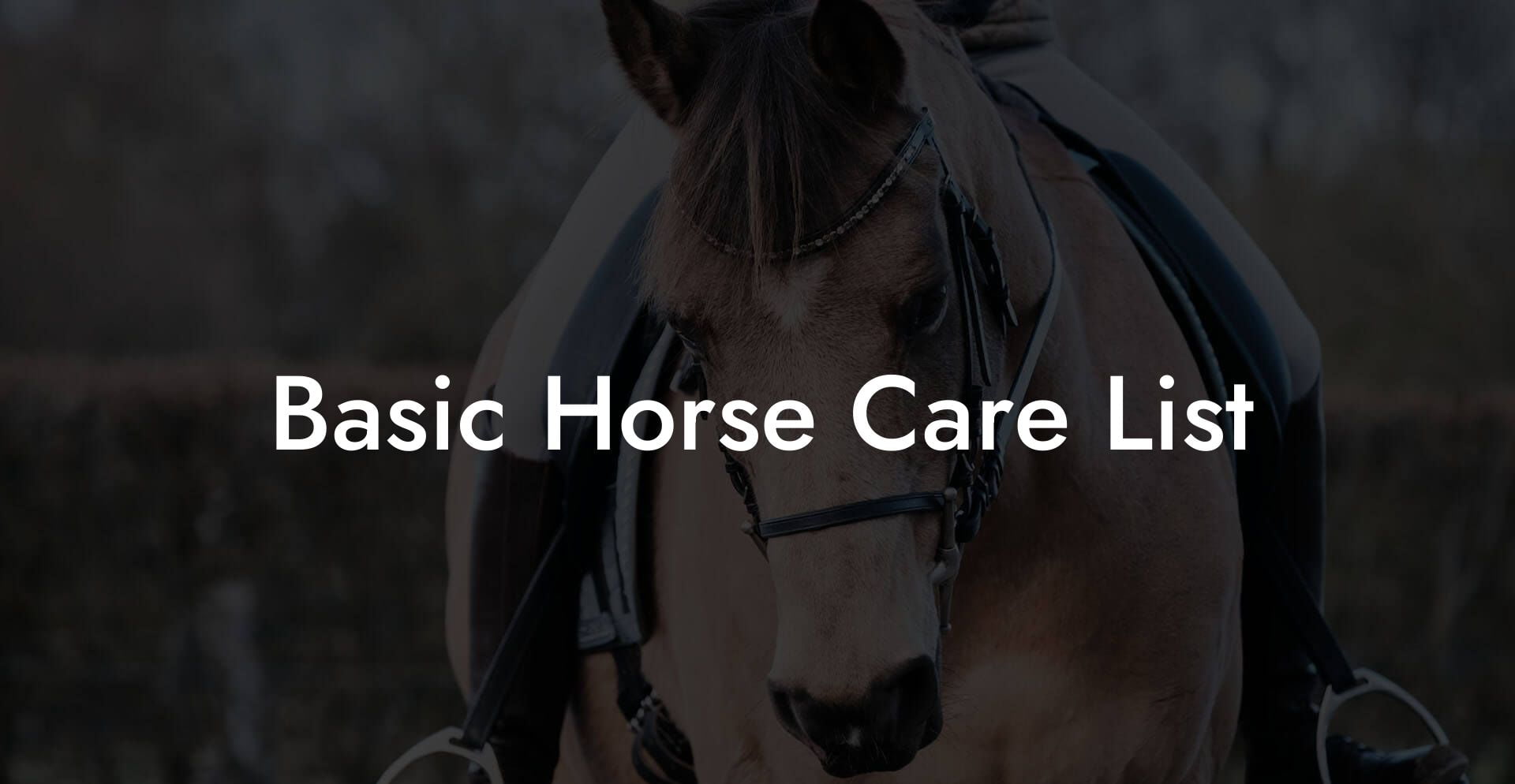Feeding your horse isn’t just a chore, it’s an art form, a science, and sometimes a hilarious juggling act all rolled into one. Picture this: your trusty equine companion as a discerning foodie with a palate that craves balanced nutrition, natural flavors, and the occasional treat that makes his day. In this ultimate guide on how to feed a horse, we’re diving deep into the ins and outs of equine nutrition, practical feeding strategies, and modern techniques that even the trendiest Gen-Z and millennial horse owners will appreciate. Get ready for a ride through hay, oats, grains, supplements, and a few quirky tips that will transform feeding time into a ritual of joy and health.
Quick Links to Useful Sections
- Understanding Horse Nutrition – Why It Matters
- Horse Feed Basics: The Building Blocks of Equine Diets
- The Spectrum of Forages: Hay, Grass, and Beyond
- Quality Hay
- Pasture Grazing
- Alternative Forage Sources
- Grains and Concentrates: Enhancing Energy Without the Guts
- Understanding Energy Needs
- Modern Concentrate Formulas
- Supplements: Fine-Tuning Your Horse’s Diet
- Developing a Feeding Schedule: Timing is Everything
- Breaking Down the Day
- Holistic Feeding Approaches: Blending Tradition with Innovation
- Feeding Tips for Young Horses, Seniors, and Special Needs
- Youthful Foals and Growing Horses
- Senior Equines: Nourishing the Gracefully Aged
- Horses with Special Nutritional Needs
- Modern Feeding Strategies for the Digital Age
- Common Feeding Mistakes and How to Avoid Them
- Overfeeding Concentrates
- Inconsistent Feeding Schedules
- Poor Forage Quality
- Neglecting Water and Hydration
- Resources and Community Support: Your Next Steps
- Innovative Trends Impacting Equine Feeding Practices
- Case Studies: Real-Life Feeding Transformations
- Case Study 1: Revitalizing a Veteran Show Horse
- Case Study 2: Helping a Foal Grow Strong and Healthy
- Case Study 3: Managing Metabolic Syndrome with Precision Feeding
- Tracking Your Horse’s Nutrition: Tips and Tools
- Equine Feeding FAQs: Your Questions Answered
- Your Journey to A Healthier, Happier Horse Begins Now
Understanding Horse Nutrition – Why It Matters
Just like us, horses thrive when we get our nutrition right, but their dietary needs are uniquely tailored to support their powerful build, athletic prowess, and a digestive system that operates on a near-constant grazing routine. A horse’s diet is the foundation of its overall well-being, affecting everything from energy levels and coat shine to digestion and even behavior.
Equine nutrition is not a one-size-fits-all scenario. Factors such as age, breed, activity level, and health status all come into play, making it essential to understand the specific nutritional requirements of your horse. Whether your equine friend is a highly active racehorse, a leisurely trail companion, or even a senior needing a gentle touch, the right balance of forage, grains, and supplements can make all the difference.
The first step in any successful feeding regimen is understanding the basic components of horse feed. The majority of a horse’s diet should come from forage, this means high-quality hay or pasture. Forage not only provides the roughage necessary for digestive health but also supplies essential vitamins and minerals. Once you master the basics, you can start to explore more targeted nutritional strategies to keep your horse vibrant and healthy.
Horse Feed Basics: The Building Blocks of Equine Diets
When it comes to feeding horses, knowledge is power. The cornerstone of any equine diet is forage, which should make up roughly 70-80% of your horse's daily intake. This can be in the form of pasture grass, hay, or a mix of both. For horses with limited pasture access, high-quality hay becomes even more critical.
But what does “high-quality” mean in this context? It’s all about the nutrient density of the hay or pasture. Look for hay that is green, leafy, and smells fresh. Avoid hay that is dusty, moldy, or overly coarse. In modern equine management, a clear focus on quality forage helps ensure that horses receive the constant, fiber-rich diet they need to fuel their powerful digestive systems.
Beyond forage, horses may also require supplemental feeds, especially if they are in heavy work or have specific health considerations. These supplements can come in varied forms, from energy-dense grains to vitamins and minerals that help boost overall health. Incorporating these supplements should always be done with an eye for balance; it’s a delicate dance between providing enough nutrients for energy and ensuring that excess calories don't lead to weight gain or metabolic issues.
Key nutritional elements include:
- Fiber: Essential for a healthy digestive tract, fiber is mostly sourced from forage. A horse’s gut is designed to handle a continuous supply of fibrous material, aiding in the steady fermentation process that provides energy.
- Protein: Vital for muscle repair and growth. Good protein sources include legumes and specially formulated feed mixtures designed for athletic or aging horses.
- Fats: A concentrated energy source that also helps with joint lubrication. The right amount of fat can be crucial for horses in heavy work or those who need help maintaining weight in cold winters.
- Vitamins & Minerals: These are necessary for a host of bodily functions, from bone growth to immune system support. Adequate levels of vitamins A, D, and E, plus minerals like calcium, phosphorus, and magnesium, are essential.
By understanding these fundamentals, you can start to tailor your horse’s feeding regimen to meet its unique energy demands and health goals. The journey from a basic hay-and-grain routine to a well-rounded nutritional plan is all about experimentation, careful observation, and sometimes, a little trial and error.
The Spectrum of Forages: Hay, Grass, and Beyond
Forage is the star of the show when it comes to feeding horses. This section dives into the different types of forage available and how to choose the best option for your horse.
Quality Hay
Hay is a staple, especially for horses that lack constant access to pasture. There are several types of hay, including timothy, orchard grass, and alfalfa. Each type varies in nutritional content:
- Timothy Hay: Known for its balanced nutrient profile, it’s a popular choice for maintaining overall health without overloading on energy.
- Orchard Grass: Similar to timothy but often a bit sweeter and softer, making it an appealing option for picky eaters.
- Alfalfa: Rich in protein and calcium, alfalfa is ideal for young, growing horses and lactating mares, but it may be too rich for some adult horses prone to obesity.
When selecting hay, aim to avoid older or overly fibrous bundles that have lost nutritional value over time. Ask your supplier about the cutting and curing process, and if possible, sample the hay before committing to a bulk purchase.
Pasture Grazing
If you’re lucky enough to have access to lush, vibrant pasture, your horse’s nutritional needs can be met naturally. However, it’s important to manage pasture access carefully. Overgrazing can lead to loss of plant diversity and reduced nutritional quality. Fencing, rotational grazing, and regular pasture maintenance can help preserve the land’s health.
Seasonal changes also affect pasture quality. In the spring and early summer, energy-rich grasses can lead to rapid weight gain; in contrast, late summer and winter pastures might require supplementation. Keeping a keen eye on your horse’s body condition is a practical way of gauging whether your pasture management strategy is hitting the mark.
Alternative Forage Sources
In some cases, innovative horse owners are exploring alternative forage options, such as silage or specialized feed mixes that incorporate dried fruits and legumes for diversity. While these may not replace high-quality hay or fresh pasture, they can add valuable variety and nutrients to your horse’s diet, especially during times when traditional forage is scarce.
Experimentation with different forage types can be a fun way to see how your horse responds. Just remember that any transitions should be made gradually to avoid upsetting the delicate balance of your horse’s gut flora.
Grains and Concentrates: Enhancing Energy Without the Guts
While forage forms the bedrock of a horse's diet, there are times when the additional energy and nutrients found in grains and concentrates become necessary. This is particularly true for performance horses, pregnant mares, or those needing a carefully managed weight gain.
Grains such as oats, barley, and corn are traditional energy sources. However, modern equine nutrition has evolved to include specially formulated concentrate feeds, which are designed to provide a balanced mix of energy, vitamins, and minerals without the excess starch that can lead to digestive upset.
Understanding Energy Needs
The amount of grain or concentrate a horse requires depends largely on its workload and body condition. A lightly active leisure horse may need only a minimal amount of concentrate, while a full racehorse might require a carefully calculated supplement to keep up with energy demands. It’s all about balance, too little and your horse might lack the energy to thrive; too much and you risk issues like colic or laminitis.
When introducing grains or concentrates, start with small amounts and monitor your horse’s response. Watch out for changes in manure consistency, behaviors, or signs of discomfort. This cautious approach allows you to fine-tune the feed ratio and ensure a smooth transition.
Modern Concentrate Formulas
Today’s concentrates are more scientifically formulated than ever. Many feature a blend of ingredients that not only provide energy but also support muscle recovery, joint health, and even immune function. Look for products that have been vetted by equine nutrition experts and tailor your selections to the specific needs of your horse.
Some popular concentrates include those that add powdered vitamin complexes, omega-3 fatty acids, and even probiotics to bolster digestive health. These innovations ensure that your horse is not just getting calories, but a nutritional boost that benefits overall performance and health.
Supplements: Fine-Tuning Your Horse’s Diet
Even the best feed and forage sometimes need a little extra help. Supplements for horses are designed to fill specific nutritional gaps and provide benefits that go beyond the basics of energy and protein. From joint health boosters to digestive aids, supplements can be the secret ingredient in a thriving equine diet.
Common supplements include:
- Vitamins and Minerals: These target deficiencies and ensure optimal performance, particularly for horses in high demand or those with specific health needs.
- Probiotics and Digestive Enzymes: These support gut health by balancing the natural flora, which is crucial for overall digestion and nutrient absorption.
- Joint and Mobility Supports: Supplements containing glucosamine, chondroitin, and MSM are popular among older horses or those showing signs of joint stiffness.
- Electrolytes: Particularly useful for horses in intense work or in hot climates, electrolytes help replace minerals lost through sweat and maintain hydration balance.
Supplementation should always be done carefully, ideally under the guidance of an equine nutritionist or veterinarian. Over-supplementation, just like any imbalanced diet, can do more harm than good. The goal is to complement a solid base of hay and concentrates, not to mask underlying nutritional deficiencies.
It’s also worth noting that many modern supplements are designed with bioavailability in mind, a fancy way of saying that your horse can actually absorb and benefit from the nutrients provided. This evolution means that the right supplement can really make a noticeable difference in your horse’s vitality and performance.
Developing a Feeding Schedule: Timing is Everything
Feeding your horse isn’t just about what you feed them; it’s also about when. Establishing a consistent feeding schedule is critical to ensure that your horse’s digestive system runs smoothly and that nutrients are effectively absorbed.
Horses are natural grazers, and their digestive systems are designed to handle small, frequent meals rather than one or two large feedings a day. This approach mimics their behavior in the wild, where they would be grazing for hours on end. For domesticated horses, spreading out feedings over the course of the day can help prevent issues such as colic and gastric ulcers.
Breaking Down the Day
A typical feeding schedule may include:
- Morning Feeding: A generous serving of high-quality hay or a pasture grazing session to kickstart the day.
- Midday Snack: Depending on your horse’s workload, a small portion of concentrate or a treat such as a handful of oats.
- Evening Meal: Another round of hay or pasture, supplemented by any necessary vitamins or minerals.
Adjust the timing and size of meals based on your horse’s activity level, weather conditions, and overall health. In busy or competitive environments, some horse owners even experiment with feeding cycles that align with training schedules, ensuring that energy levels remain high when needed the most.
Always keep fresh water available, as hydration is a crucial component of any feeding schedule. A well-hydrated horse can more effectively process its feed, maintain a healthy digestive tract, and reduce the risk of bloating or colic.
Holistic Feeding Approaches: Blending Tradition with Innovation
In a world where holistic lifestyles are trending, why should our equine pals be left behind? A holistic approach to feeding your horse means considering not just the nutrients in each bite but also how these choices affect overall well-being, behavior, and performance. It’s about embracing natural feeding practices, understanding your horse’s intrinsic needs, and even incorporating modern research to optimize every meal.
Holistic strategies might include:
- Incorporating Forage Diversity: Mixing different types of hay or rotational grazing to mimic natural diets and prevent boredom.
- Using Natural Supplements: Exploring herbal remedies and holistic feeds that feature ingredients like yucca, beet pulp, and flaxseed to support joint, skin, and digestive health.
- Mindful Feeding Practices: Observing how your horse responds to different feeding times, environments, and foods can help identify stressors or preferences that might unobtrusively improve overall wellness.
- Seasonal Diet Adjustments: Recognizing that a horse’s needs change with the seasons, lighter, more energy-rich feeds in the winter and leaner, less calorie-dense options during times when natural pasture is abundant.
Combining modern nutritional science with time-tested, natural feeding methods creates a robust strategy that nurtures your horse from the inside out. It’s not just about stuffing them with calories, it’s about refining the art of feeding into a holistic, balanced experience.
Feeding Tips for Young Horses, Seniors, and Special Needs
Every horse is unique, and age, health status, and lifestyle factors can significantly influence dietary requirements. Whether you’re caring for a spirited foal, a mature show jumper, or a senior horse requiring gentle nutrition, targeted feeding strategies are key.
Youthful Foals and Growing Horses
For young horses and foals, nutrition is all about growth and development. Their digestive systems are still learning to handle a variety of feeds, so a gradual introduction to solid food is crucial. High-quality, easily digestible forage combined with specially formulated pellets or mashed grains can help ensure that growing muscles and bones receive the right building blocks.
Focus on a balanced diet rich in protein and essential minerals like calcium and phosphorus. Regular veterinary checkups are essential to adjust dietary plans as the foal grows. Creative methods such as incorporating treats like carrots or apples can make the process engaging and help build a positive association with feeding time.
Senior Equines: Nourishing the Gracefully Aged
Aging horses often come with a host of challenges, from dental issues that make chewing difficult to slower metabolisms. For these venerable steeds, the key is to provide easily digestible, nutrient-dense feeds that compensate for reduced chewing efficiency and altered digestive patterns. Soaked hay, alfalfa cubes, or specially designed senior feed mixes can be excellent options.
Ensure supplements that support joint health and provide antioxidants are in the diet, as these can help promote longevity and comfort. It might also help to adopt a more frequent feeding schedule with smaller portions to accommodate their gentle digestive systems.
Horses with Special Nutritional Needs
Whether your horse is recovering from an injury, managing metabolic issues like Equine Metabolic Syndrome (EMS), or dealing with digestive sensitivities, customization is key. This might involve working closely with a veterinarian or equine nutritionist to formulate a diet that minimizes risk factors while maximizing overall health.
Consider feed that is low in sugars and starches for those prone to EMS, or easily fermentable feeds for horses with sensitive stomachs. The goal is to provide a diet that respects your horse's individual limitations while still delivering the nutrients needed for optimal health.
Modern Feeding Strategies for the Digital Age
Keeping up with the latest nutritional science and management technologies has never been more exciting. Today's smart horse owners can leverage digital tools and modern techniques to streamline feeding routines and tailor diets with surgical precision. From mobile apps that track weight and activity levels to digital feeders programmed to distribute meals at precise times, technology is revolutionizing the world of equine nutrition.
Integrate these modern feeds with traditional methods to create a seamless, data-driven approach to nutritional management. Imagine receiving notifications about your horse’s feed consumption patterns, adjustments needed due to seasonal changes, or even AI-powered insights into dietary tweaks that can boost energy levels. With data at your fingertips and a proactive approach, your horse’s dining experience can be as sophisticated as any five-star restaurant.
In essence, modern feeding strategies combine convenience with science. They free you up to focus on the joy of caring for your horse while ensuring that every bite is optimized for peak performance and health.
Common Feeding Mistakes and How to Avoid Them
Even the most well-intentioned horse owners can slip up on feeding practices. Knowing what common mistakes to avoid is half the battle in ensuring your horse enjoys a nutritious and balanced diet. Let’s break down some frequent pitfalls and strategies to steer clear of them.
Overfeeding Concentrates
One of the most common errors is relying too heavily on grains and concentrates while neglecting the primary source of nutrition, high-quality forage. Overfeeding concentrates can lead to an upset digestive system, weight gain, and even metabolic issues like laminitis. The key is moderation. Stick to recommendations based on your horse’s workload and body condition.
Inconsistent Feeding Schedules
Horses are creatures of habit. Sudden changes in feeding routines can disrupt their digestive rhythm and lead to colic or other gastrointestinal problems. A consistent schedule not only eases digestion but also instills a sense of security and routine in your horse.
Poor Forage Quality
Using hay or pasture that is dusty, moldy, or nutrient-depleted can have serious consequences. Always invest in high-quality forage, and know your supplier’s standards. Regularly inspect the hay and, if possible, get it tested for nutrient content.
Neglecting Water and Hydration
No amount of premium feed can make up for dehydration. Water plays a crucial role in digestion and overall health. Ensure your horse has constant access to clean, fresh water, and monitor intake during extreme weather conditions or periods of intense activity.
Avoid these common mistakes by staying educated, establishing routines, and always keeping your horse’s overall well-being at the forefront of your nutritional decisions.
Resources and Community Support: Your Next Steps
Navigating the expansive world of equine nutrition can feel overwhelming at times, but you’re not alone. Engagement with a community of passionate horse owners, nutrition experts, and veterinarians can provide invaluable insights and support. Here are a few resources and steps to help you further refine your horse feeding strategy:
- Local Equine Nutritionists and Veterinarians: Collaborate with professionals who can tailor a feeding plan to your horse’s specific needs, especially if it has special dietary concerns or health challenges.
- Online Forums and Social Media Groups: Engage in communities on platforms like Facebook, Reddit, or specialized equine apps where tips, tricks, and innovative feeding strategies are regularly shared by fellow enthusiasts.
- Workshops and Webinars: Attend events and classes on equine nutrition and management. These sessions offer up-to-date information on the latest research, product innovations, and practical feeding solutions.
- Equine Blogs and Podcasts: Keep up with industry trends and personal stories from experienced horse owners who share their journeys and learnings, from transitioning to holistic diets to mastering modern feeding technologies.
- Local Feed Suppliers and Agricultural Extensions: Partner with local experts who can provide high-quality forage and nutritional advice specific to your region’s climatic and seasonal conditions.
By tapping into these resources, you not only enhance your own understanding of equine nutrition but also contribute to a vibrant community that champions the well-being of horses everywhere. Your journey in feeding your horse is both a science and a celebration, and community support can make all the difference.
Innovative Trends Impacting Equine Feeding Practices
The landscape of equine nutrition is continually evolving, marked by innovative trends that mix technology, sustainable practices, and holistic health principles. One of the most exciting trends is the increased focus on organic and locally sourced feeds. By incorporating regionally grown hay and grains that are free from synthetic additives and pesticides, many owners are observing noticeable improvements in their horses’ health and energy.
Sustainability is also a key focus area. More horse owners are exploring regenerative grazing practices that not only provide nutrient-rich forage but also contribute to soil health and ecological balance. These practices, coupled with modern monitoring tools like GPS tracking for grazing patterns and digital apps for nutritional analysis, are changing how we approach feeding.
Additionally, advancements in nutritional science continue to refine our understanding of equine biomechanics and digestive health. New supplements, custom feed blends, and even genetic research aimed at tailoring diets on an individual basis are emerging as frontiers in equine care. Embracing these trends allows you to keep your feeding strategies fresh, scientifically sound, and ethically responsible in a rapidly changing world.
Case Studies: Real-Life Feeding Transformations
Nothing illustrates the power of proper nutrition like real-life stories from dedicated horse owners. Through a series of case studies, we explore how tailored feeding plans have led to remarkable changes in equine health, performance, and quality of life.
Case Study 1: Revitalizing a Veteran Show Horse
Bella, a seasoned show horse with dwindling energy levels, was struggling with weight management and joint stiffness. After consulting with an equine nutritionist, her owner transitioned her to a diet emphasizing high-quality forage, organic supplements rich in omega-3 fatty acids, and a measured portion of concentrates to preserve lean muscle. Within months, Bella’s coat began to shine brighter, her gait improved, and she even started enjoying her training sessions again, a testament to how personalized nutrition can reinvigorate a tired athlete.
Case Study 2: Helping a Foal Grow Strong and Healthy
Little Star, a playful foal, had a hard time adjusting to solid food when weaned from her mother’s milk. By introducing a carefully controlled mix of soft hay cubes and specialized foal feed, her transition became smooth and uneventful. Her owner also incorporated small treats like apples and carrots to encourage eating and social bonding. Over time, Little Star developed a strong digestive system and a budding interest in exploring her surroundings, a journey showing that even the youngest horses thrive on well-planned, nurturing nutrition.
Case Study 3: Managing Metabolic Syndrome with Precision Feeding
Midnight, a middle-aged gelding, was diagnosed with Equine Metabolic Syndrome, a condition that required rigorous dietary control to prevent obesity and laminitis. His care plan involved reducing starch intake, increasing high-fiber forage, and adding supplements that helped regulate blood sugar levels. With constant monitoring and adjustments, Midnight not only lost excess weight but also showed improvements in overall vigor and mobility. His success story underscores the critical role of tailored feeding plans for horses with metabolic challenges.
These real-world examples highlight that whether it’s a senior horse regaining its spark or a young foal taking its first confident steps into the world of solid food, the right nutrition can create transformative change.
Tracking Your Horse’s Nutrition: Tips and Tools
In today’s digital era, keeping tabs on your horse’s dietary intake and overall health is easier than ever. There are a variety of tools available, from traditional journals and weight charts to sophisticated apps designed to track feed consumption, weight fluctuations, and even activity levels. Using these tools not only helps you understand your horse’s nutritional needs better but also enables timely adjustments based on seasonal changes or shifts in workload.
Some highly recommended tracking strategies include:
- Feeding Journals: Maintain a detailed log of what your horse eats each day, noting any changes in behavior, energy levels, or physical appearance. This information can be invaluable when discussing dietary adjustments with your vet or nutritionist.
- Regular Weigh-Ins: Monitoring your horse’s weight on a weekly or monthly basis can help you spot trends and catch issues early. Many modern barns even offer digital weighing systems that integrate with health monitoring apps.
- Mobile Apps and Wearables: Embrace the tech-savvy side of equine care with apps that track various metrics such as feeding times, water consumption, and exercise. This data-driven approach takes the guesswork out of feeding management and allows for precision adjustments that suit your horse’s evolving needs.
Smart tracking combined with observational insights creates a feedback loop that empowers you to fine-tune every aspect of your horse’s diet, helping to ensure a sustained and robust health profile.
Equine Feeding FAQs: Your Questions Answered
In the spirit of keeping things clear and straightforward, here are some frequently asked questions about how to feed your horse, complete with answers that simplify complex topics into bite-sized insights:
1. What should be the primary component of my horse's diet?
Forage, be it high-quality hay or fresh pasture, should make up at least 70-80% of your horse’s diet. It provides essential fiber and is key to a healthy digestive system.
2. When are grains or concentrate feeds necessary?
Grains and concentrates are beneficial when your horse has high energy demands, such as in performance work or during growth phases. They should be carefully measured to prevent overfeeding and digestive upset.
3. How do I choose the right hay for my horse?
Look for hay that is green, leafy, and free from dust or mold. The quality of your hay directly impacts your horse’s health, so choose your supplier carefully and consider periodic nutrient testing.
4. Can I feed my horse treats, and if so, what kinds?
Yes, treats such as apples, carrots, and specially formulated equine snacks can be a great way to bond with your horse. However, they should complement, not replace, the main diet.
5. What tools are available to track my horse’s nutrition?
Many modern equine management tools are available, including feeding journals, digital scales, and apps that monitor feed intake, weight, and activity levels. These tools help ensure consistency and enable data-driven decisions.
6. How can I address specific nutritional needs, such as metabolic syndrome?
Horses with special nutritional requirements should be managed in consultation with a vet or equine nutritionist. Adjustments might include low-starch diets, increased fiber intake, and targeted supplements to manage the condition effectively.
7. How do seasonal changes impact feeding strategies?
Seasonal variations affect forage quality and availability. In the winter, you might need to supplement more heavily with stored hay and concentrates, while in the spring and summer, fresh pasture can naturally provide most of the required nutrients.
These FAQs encapsulate key aspects of equine feeding practices, offering simple yet comprehensive answers to common questions faced by modern horse owners.
Your Journey to A Healthier, Happier Horse Begins Now
Embarking on the journey to proper equine nutrition is as much about passion as it is about precision. By mastering the art of feeding your horse, you’re not just providing a meal, you’re crafting an experience that supports long-term health, resilience, and a deep bond between you and your magnificent companion.
Every strategic choice, whether it’s selecting the right type of hay, incorporating modern digital tracking, or connecting with a community of like-minded horse enthusiasts, adds layers of care and complexity to a seemingly simple task. It’s about elevating feeding rituals into something that resonates emotionally and nutritionally, transforming routine into a celebration of life, energy, and vitality.
With a blend of traditional wisdom and cutting-edge practices, you hold the keys to unlocking your horse’s full potential. Embrace variety, invest in quality, and listen to your horse’s cues, the rewards are a trotting bundle of joy, health, and occasionally, the kind of quirky humor that makes every feeding session a memorable adventure.
May your barn be filled with the sound of contented munching, may your stable be a testament to balanced nutrition, and may your journey in equine care be as rich and fulfilling as the bonds you share with your equine friend. Here’s to healthier diets, happier horses, and a new era of informed, enthusiastic feeding practices!

